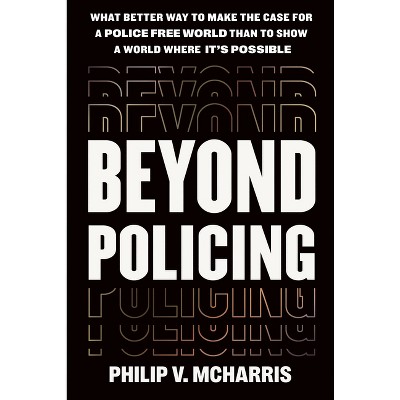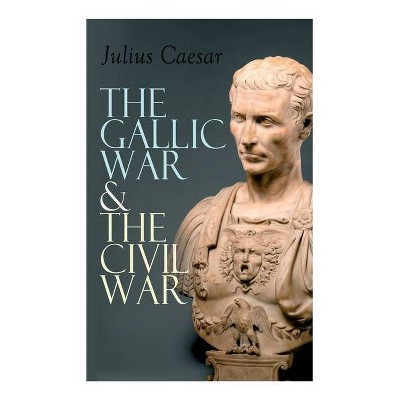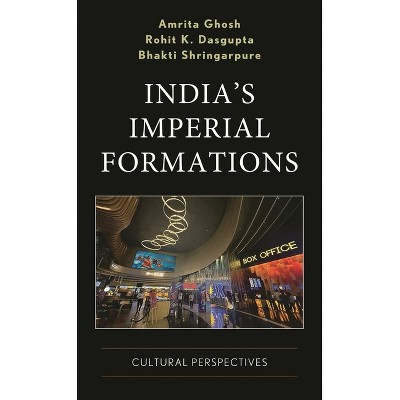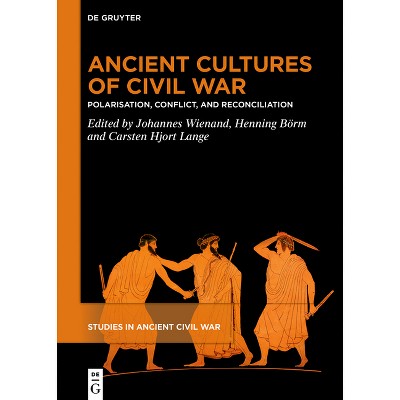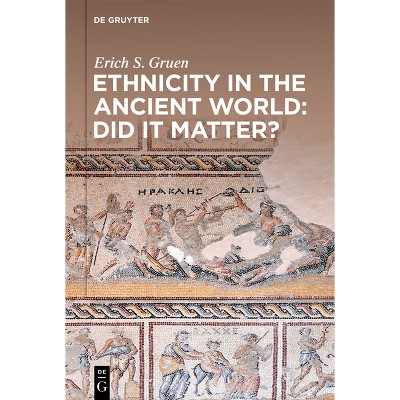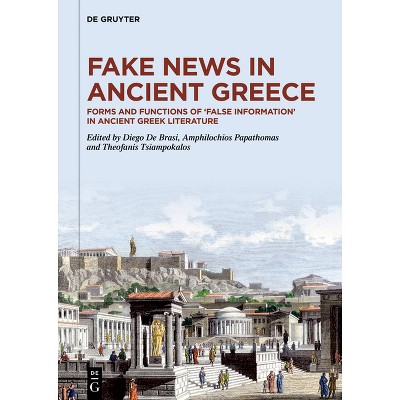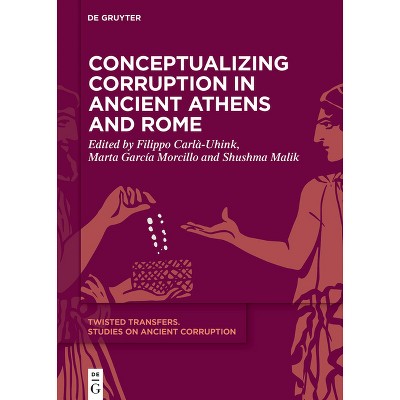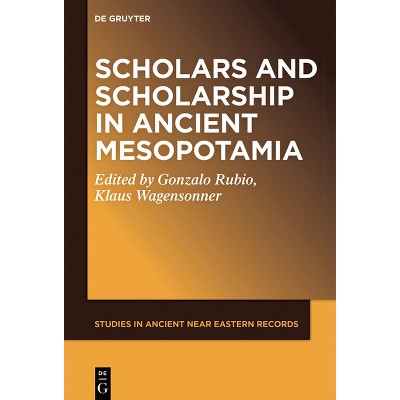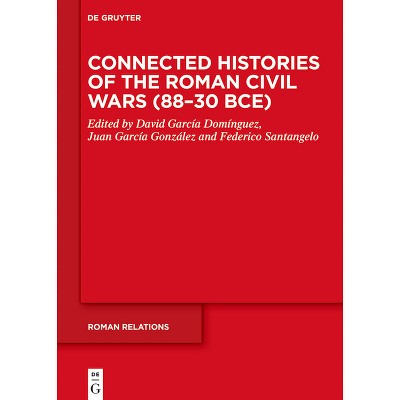Sponsored

From Hannibal to Sulla - (Studies in Ancient Civil War) by Carsten Hjort Lange (Hardcover)
In Stock
Sponsored
About this item
Highlights
- The second century BCE was a time of prolonged debate at Rome about the changing nature of warfare.
- About the Author: Carsten Hjort Lange, Aalborg University, Denmark.
- 230 Pages
- History, Ancient
- Series Name: Studies in Ancient Civil War
Description
About the Book
From the outbreak of the Second Punic War to the Social War, the Romans had prolonged debates about the changing nature of warfare. The Second Punic War was a war of survival against Rome's great enemy, Carthage, but also saw its subject-allies reBook Synopsis
The second century BCE was a time of prolonged debate at Rome about the changing nature of warfare. From the outbreak of the Second Punic War in 218 to Rome's first civil war in 88 BCE, warfare shifted from the struggle against a great external enemy to a conflict against internal parties. This book argues that Rome's Italian subjects were central to this development: having rebelled and defected to Hannibal at the end of the third century, the allies again rebelled in 91 BCE, with significant consequences for Roman thought about warfare as such. These "rebellions" constituted an Italian renewal of the war against their old conqueror, Rome, and an internal war within the polity. Accordingly, we need to add 'internal war' to the already well-established dichotomy of foreign and civil war.
This fresh analysis of the second century demonstrates that the Roman experience of internal war during this period provided the natural stepping-stone in the invention of civil war as such. It conceives of the period from the Second Punic War onward as an 'antebellum' period to the later civil war(s) of the Late Republic, during which contemporary observers looked back at the last 'great war' against Hannibal in preparation for the next conflict.
Review Quotes
"In conclusion, Carsten Lange has produced an excellent first volume in a new series of books on civil war in the ancient world for De Gruyter. It helps to place war as a central and more recently neglected component of Roman imperialism in the mid and late Republic." Kieran Blewitt in: BMCR 2025.03.46
About the Author
Carsten Hjort Lange, Aalborg University, Denmark.Shipping details
Return details
Frequently bought together

Trending Non-Fiction




